|
David Campiche will read from his new novel, Black Wing on Thursday, June 1st. This is part of the Thursday Talk program held in the Lovell Showroom of Fort George Brewery. Doors to the Showroom open at 6 pm for guests to get food/drink and find a seat. The presentation will start at 7 pm at which point the ordering window will close (attendees can still get drinks throughout the talk by walking over to the Taproom.) The talk will end at 8 pm after a Q&A session. Check out this link for more information: https://fortgeorgebrewery.com/blog/event/black-wing-presented-by-author-david-campiche/ If you would like find out how you can order a copy of the novel, click here and scroll down for more information: https://www.davidcampiche.com/blackwing.html
0 Comments
My wife and I recently spent a month in France and one of the highlights was a visit to Arles. I had been there 50 years ago and this re-visit brought back many memories of my own youth and how I have always related to Vincent V an Gogh.
Visitation: Van Gogh, Descending Angels, the Church at Auvers Perfumed, the dark fetid air before storm Cauliflower-shaped clouds with pewter edges And pepper-sized rain drops over the Camargue A Mistral, then, twisting Van Gogh into the mad Dutchman Hey Vincent, vous pauvre homme. Think about it. You could buy this whole stone city with a cartload of your paintings I like the one with a wooden wagon surrounded by a murder of crows Toss in the bray, a bargain at any price Your face Vincent Dit Moi—You don’t look like a madman Those eyes poke straight at the essential. You knew even then: Paint is God’s gift. His hand emerging from the dark grottos of time I imagined as much at Lascaux, hands guided by Angels with paleolithic smiles When I search for meaning, for solid statuesque memories I look here, into the human crevasse, into gloomy caves Sheltering smudges of charcoal and red ochre Ok! Even angels have their doubts Their wings landlocked, Frozen in place Your impact, Vincent. Your best intentions re-rooted behind thick brushstrokes, viscous yellow varnish Unable to fly Even the angels flounder in impasto colors: pale lilac, green-citron, gold, Venetian yellow, and cobalt blue Bleu. Bleu! Always blue. Always wonderous! Always, you. Lonely heart How to understand Your mistral Is it your flaming red hair Or too much cheap absinthe A blood-red line circling Your chiseled face? Your penetrating green eyes Walking up that path to the church at Auvers I come back to God, yes, slowly Extending my pale white hand My brown eyes lingering Angels descending All for you Vincent Angels Take him away please To a happier place 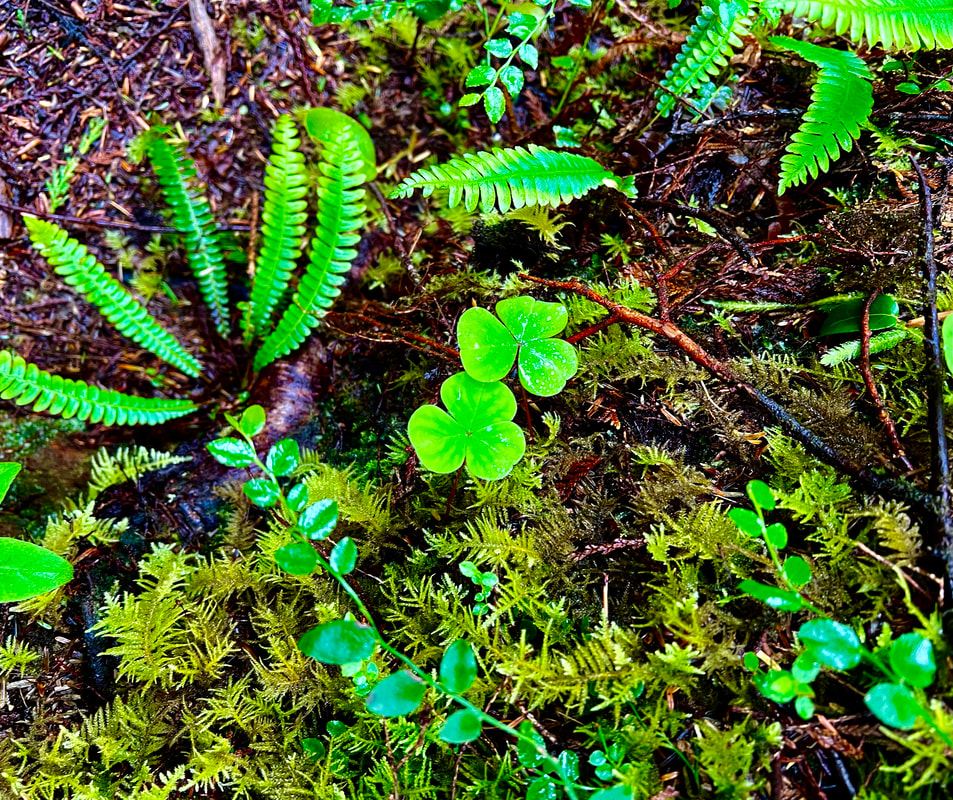 Long Island in Willapa Bay is six miles long and nearly half as wide. Two and a half miles from the southern end is a natural treasure, the Don Bonker Cedar Grove Trail, nearly three hundred acres that contains some of the oldest cedar trees in the world. The grove is at least five thousand years old. As the ancient giants go, these Western cedar are estimated to be 1100 years of age or maybe older, which lands us somewhere back near the Crusades and in the center of man’s eternal quarreling. A marvel at least, spiritual at best, this Northwest landscape overwhelms me with awe. The Friends of Willapa National Wildlife Reserve barged about 100 people to the island on Saturday afternoon. If there were hints of disappointment, I certainly didn’t see or hear of any. Instead, smiling faces and glorious exaltations danced out of the lips of all those lucky enough to enroll in the adventure: “My, oh my. I never… “ and dozens of other happy words chirping through the wet, veridian forest, mingling with forest songs while staring up at a hundred and sixty foot evergreen. I have walked here many times and am never disappointed. Simply put, I am in love with the great trees and the environment that supports the cornucopia of all things wet and green; an environment that supports so many creatures, both big and small. All said, the Grove is a world-class wonder. That being said, let’s explore the many other enchanting aspects of this island. The western shoreline is long, rich and diverse. From the sandy beaches (Agate Beach being my favorite) to the tall imposing cliffs that have been shaped by storm tides and tsunami, a long scamper across shoreline reveals miles of enchantment and photo opportunities. Unless, of course, one becomes stranded by rising tides, the threat of coal-black storm clouds, or in a small boat overloaded with clams. The limit is twenty. Go cautiously. The Bay is full of surprises. The Native Chinook (Tsinuk) as well as a century of immigrant clam gatherers and present day oystermen shaped a thriving industry. The bay and the island that highlights 260 square miles of tidal waters, surges on, high tide, low tide, all as certain as moon glow. The island hosts a half-dozen official campsites, that many walking trails, sloughs, streams and innumerable waterways that drain sixty or seventy inches of annual rainfall out of the bay and into the Pacific Ocean. Animals reign gloriously. Saturday last, we ran across deer, elk, racoon, porcupines, eagles, hawks and owls. Skinned newts. Six inch banana slugs. Squirrels and weasels. The songbirds were varied and raucous, and their music gladdened the cloudy skies around us, the air sweet smelling and nearly edible with the sensation of dozens of perfumed bouquets from cedar boughs to odoriferous plants and flowers. Sometimes the island is a treasure hunt. The giant trees are laced throughout. Heron nestled into their tall rookeries are livid with protests, and beaver and otter swim up the artery-like network of waterways seemingly frolicking in a mammal’s joie de vivre. Please, watch the tides. More than once my skiff has been marooned for several hours waiting for the tide to lift. More than once I have spent an unexpected night on the island as the winds howled and huffed. No complaints here: a wet night under a sturdy tent and next to a blazing campfire offers its own redeeming qualities and later, stories that often grow into tall tales, an area of my expertise. The east side of the island—Sawlog Slough and the constant unfurling of small waterways is a constant delight, a revelation for the seeker. Kayaking is always an adventure, always the best way to witness the gift basket of wildlife and waterfowl, frequently at arm’s length. Maybe the largest treasure of all is this: Being able to explore a mélange of natural light and color that quiets the mind and slows the senses into a peaceful meditation that is uncommon in our world of instant communication. This then—this island—is a reality check on the modern world. Was this midden a Tsinuk camp? That foundation of an old cabin—see it there tangled in the underbrush—nineteenth century? How did they live, these ancestors of ours? Why did early pioneers depart this paradise, this garden of the moss and hunter’s-green, of clams, oysters, salmon and the great white sturgeon? Tell me about smallpox and how one Native clan protected their own by quarantining (and defending) the island from all comers. Can you imagine the waterfront thick with Native canoes? Can you picture the bevy of longhouses that once punctuated this shoreline? And how about the “Butterfly” fleet of sailboats that plied the bay for the famous bivalves? In 1854, James Gilcrest Swan paddled a Tsinuk canoe down the length of the Willapa and revealed another time and place through his thoughtful journal, The Northwest Coast or Three Years’ Residence in Washington Territory. The Island then, is time and testament of who we were and who we have become. Always, I wish to thank Congressman Don Bonker for saving Long Island, for his many thoughtful insights and accomplishments. The preservation of our species is dependent on these sanctuaries. If you haven’t visited, you must. This is beauty incarnate. Mother
Of amber sky Singing firebrands Mother makes fire Mother makes flame Night settles in, soft as otter fur Mother ignites the stacks of wood Burnishes the clay pots Rumbles heat inside the kiln Refreshes her thunder A woman of many passions, Strength or weakness? Tell me, please Mother, so busy playing the odds Shakes your hand soundlessly Speaks without words Never sighs or offers Apologies We prattle on Two faces, three faces Four The tide rises passionately Retreats, soft as Snowfall Beads of sand know that caress Weren’t these grains once High mountain boulders The sun sets gently We stir and rise in the half light Stumble our way home through the dark Into mole holes beneath Magic Mountain Howling Dog Moon, he said. Tonight The bay will be full of Dog Sharks. During Harvest Moon, he further reflected, that’s The Salmon Moon, the time the Swimmers come home. On the evening Cal Ripken
Broke baseball’s and Lou Gehrig’s Consecutive games record, I picked bull rushes with John Joseph In knee-deep mud, mired in Young’s Bay —picked bull rushes Beside and under a freeway, Galloping along unsure Of its true destination —picked bull rushes as faces From autos leaned down and found me askance. God, The questions they asked. Only John knew his purpose: Bring reeds to Cedar Woman, the old Makah, Weaver of grass mats. The sky had molted lavender and gray, As if winter waited Lean and wizened on the flank, An army of gray, a jihad of gray. Howling Dog Moon, he said As a full moon Doused the landscape with glitter, Flouncing shards of light across Broken wave tops, jittering Like Monet brushstrokes. Late that night I woke to silence. The vanilla moon was full. I caught the face And wondered, salmon or dog shark? Visioned the ringed black eyes Of the Swimmers. There, I made a choice: Silverside. Remembered John bent double His belly hunkering Inches above the mud. His pony tail Ebony going silver. His face happy. His eyes far. Above, the modern world Slid by, wheels spinning, Anointed with speed. Dog sharks, I thought, Waiting For The Moon. Moon Creek
Traipsing through rich evergreen boughs Kwa Gulth moon scrambles between quick-silver rain Each drop prancing Like horse hooves on cobblestones Leaves bend down And winter breezes linger on our fingertips You touch them to my lips I hear the soft-speak of river song Or is it That little brown bird With a black crest On its tiny, feathered breast Entertaining me, this troubadour Playing a wind sonnet like a liberated harpsicord As moonglow dapples the sweet Flowing waters of Moon Creek Dances through watercress and wild celery Late, late Moonglow will soon kiss your eyelids Sleeping Beauty Dead Man’s Cove
One of the joys of life centers around this place we live, here, in this corner of ever evolving landscape, the Columbia/Pacific. This is ground-zero of lifting and descending tides, of sandy, often-deserted beaches and the inevitable storms we label as “Pineapple Express” or a “Sou’wester,” storms that build momentum as they surge across the Pacific all the way from Hawaii. And then there are those not-so-common bluebird days enhanced with soft ocean breezes and brief dalliances of euphoria. Moods drape our happy homeland like a Christmas tree decked out in glittering tinsel. Since 9-11, one of those special places has been closed to human traffic. This is Dead Man’s Hollow, and it rests just a few hundred yards west of the Coast Guard station at Cape Disappointment. A natural cove, the small rocky opening specializes in busting up ocean combers that flood into the mouth of the Columbia River, dispensing their god-fearing wrath upon fishermen and the unwary. And now this destination is open to the wary traveler. Leave it to a couple of insistent hikers to stumble upon this sheltered beach in a storm. Leave it to the gods of winter to determine the worthy. Today, the landscape is writhing. A flood tide thrusts eight-foot waves through that narrow rocky opening while the physics of motion churn the steep combers into an aqueous frenzy. Drift logs have been pushed by years of high tides onto this narrow wind-swept beach. They linger like graffiti. Few driftwood-seeking humans have the strength or gumption to cart these shapely wooden chunks from their resting place. Because of the narrow opening in the igneous rock, the majority remain tangled on the winter beach for all to enjoy. The trail into the hollow can be intimidating, especially when the rain is thick and the ground soft and muddy. An older man now, I slip and slide a few times. The extra flesh on my behind bodes me well. Below, drift logs have been shaped into wooden sculptures, gnawed slowly by the force of water. Huge logs play their part in the evolving landscape. Cottonwood, fir and cedar, once trees of distinction, are quickly embedded into sandy beach. These sands were once rocks and stones of all sizes and shapes, rolled and broken over eons until their remnants were ground into pin-head size grains. Most everybody knows what I am talking about: The beauty of this hollow is a result of an evolution that extends far beyond human existence. But the exponential expansion of the human race continues to wreak havoc on Mother Earth. And for that reason alone, we appreciate a sheltered cove, a temporary haven where we might come once or twice a year and might just have it to ourselves. On a winter morning when the rain comes at you sideways, the reasonable option is to huddle inside our warm homes and brew a pot of coffee or a tea that comes all the way from China. In the background, the television distributes joy and pain, the current renditions of human conflict. But step outside. Brace yourself against the wind. Put on an extra layer of wool clothing and cover that with good rain gear. Gloves are nice but forget the umbrella. Now is your moment to have the beach to yourself. To feel the power of storm, the rip of tide, galloping pewter-colored clouds, and a soulful rain. Never mind if it drips down inside your collar. I find joy in the planet’s power, its ever-changing beauty. Joy in the footprints we leave in the soft sand. Joy in their disappearance as the combers rush around our ankles, occasionally catching us above the knees, hopefully not to travel further up our fragile bodies, for flesh is that, at least when confronted by the Pacific Ocean throwing a tantrum. Amidst all this action, stillness nestles here, just inside the Columbia River, for eons the home to the First Peoples. The movable feast that is ocean, the home of volatile winds and raging storms. Here is lovely and eternal landscape. |
David CampichePoet, author, chef and free-lance writer, Daily Astorian and Chinook Observer. Environmentalist. Archives
May 2023
Categories |
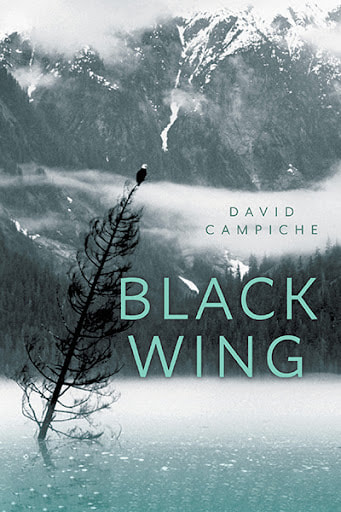
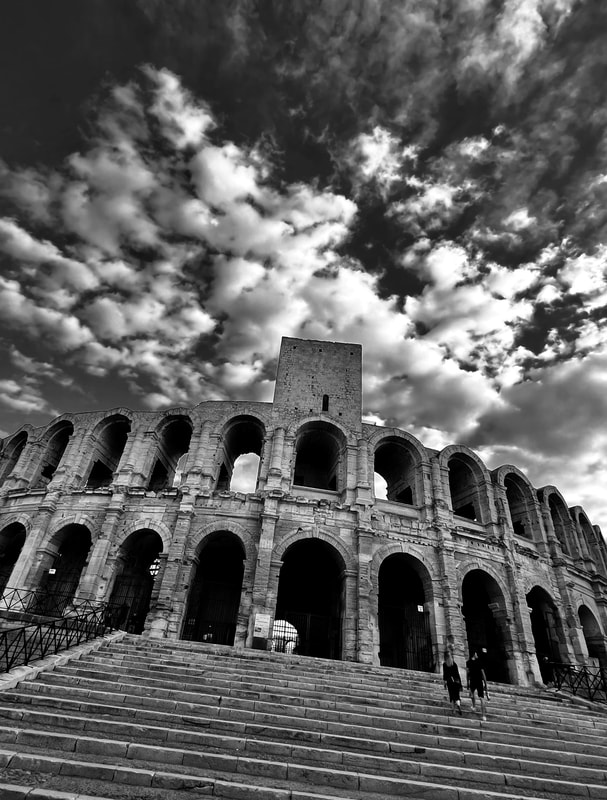
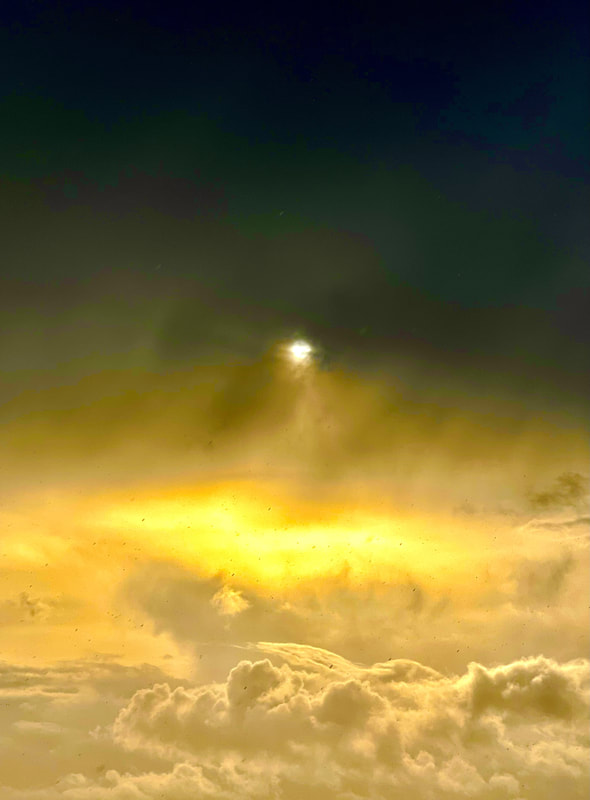
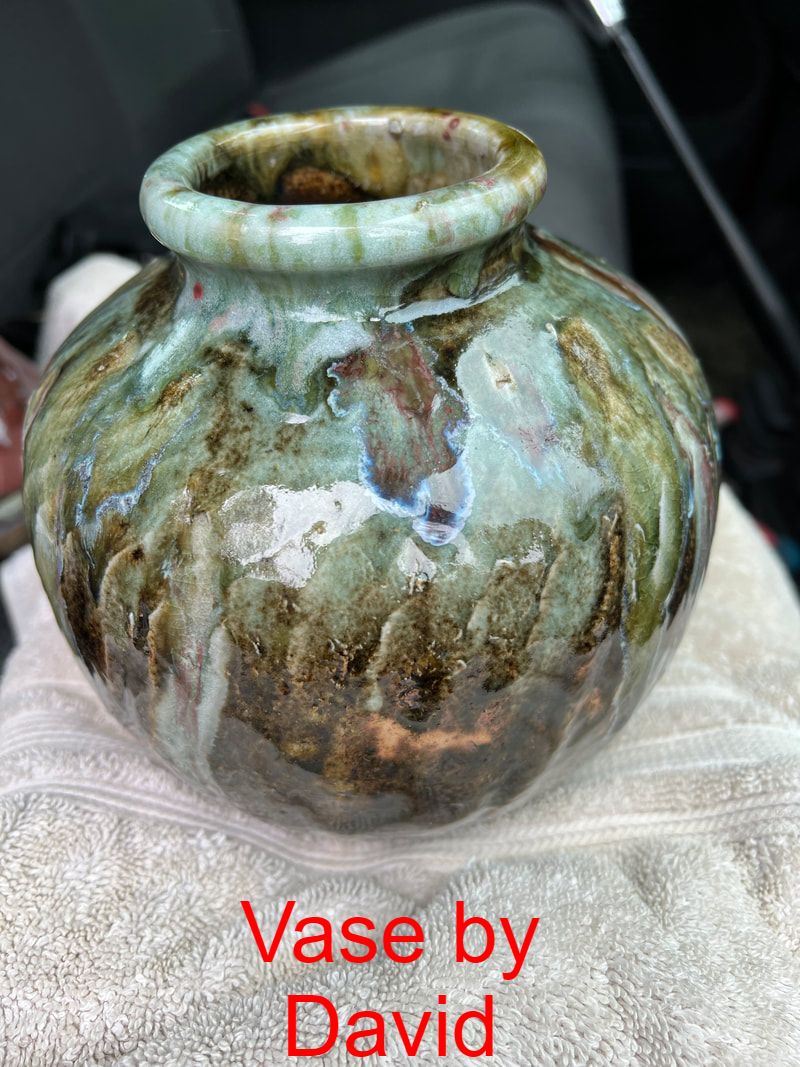
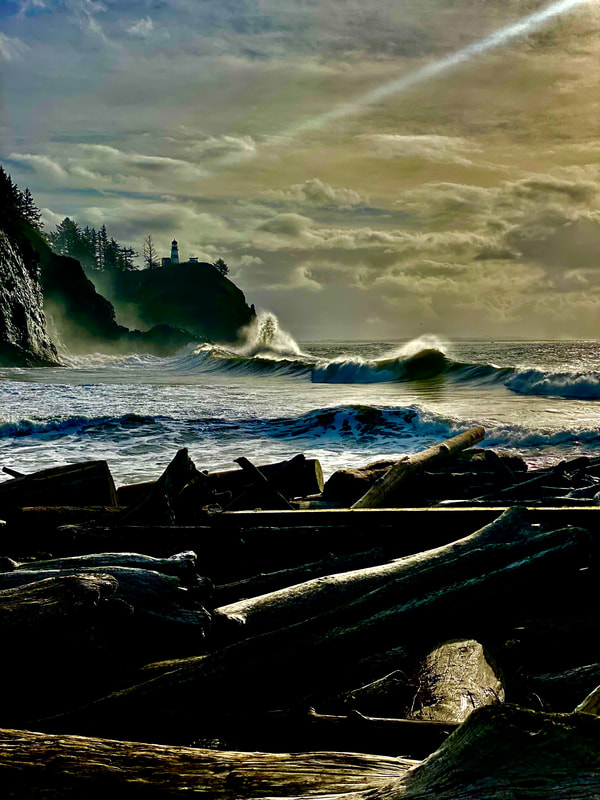
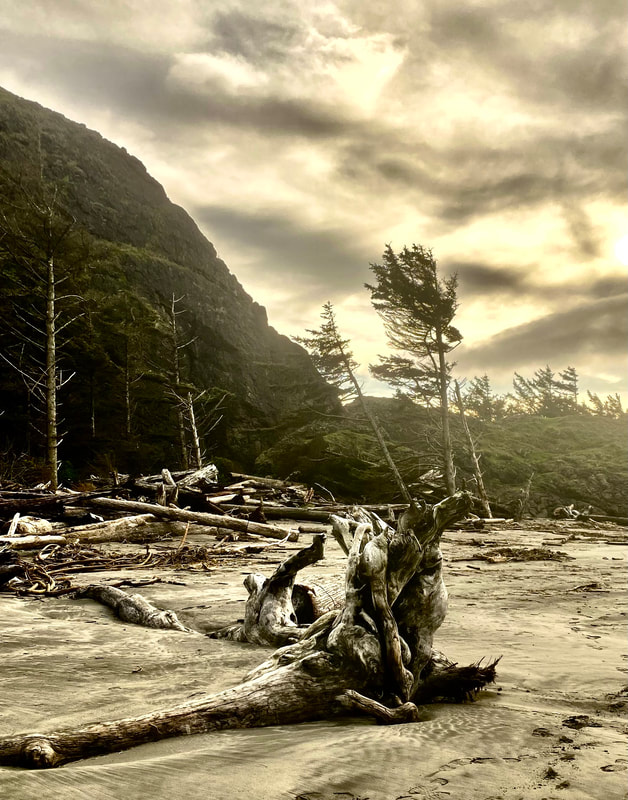
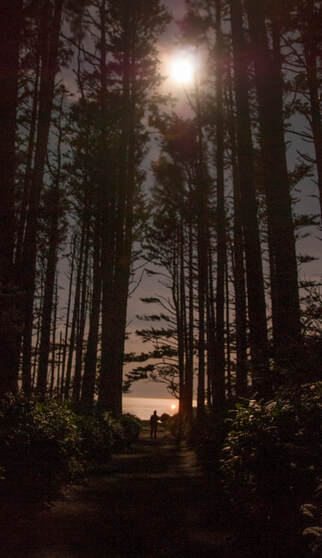
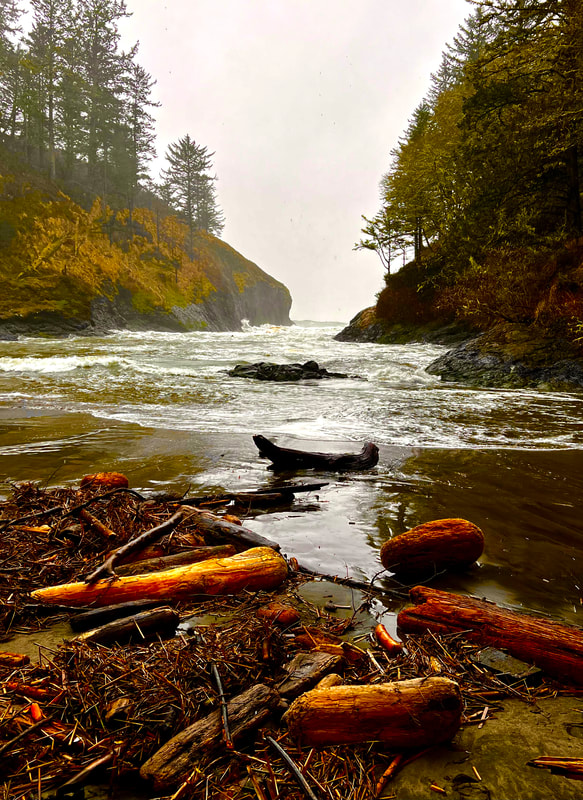
 RSS Feed
RSS Feed
